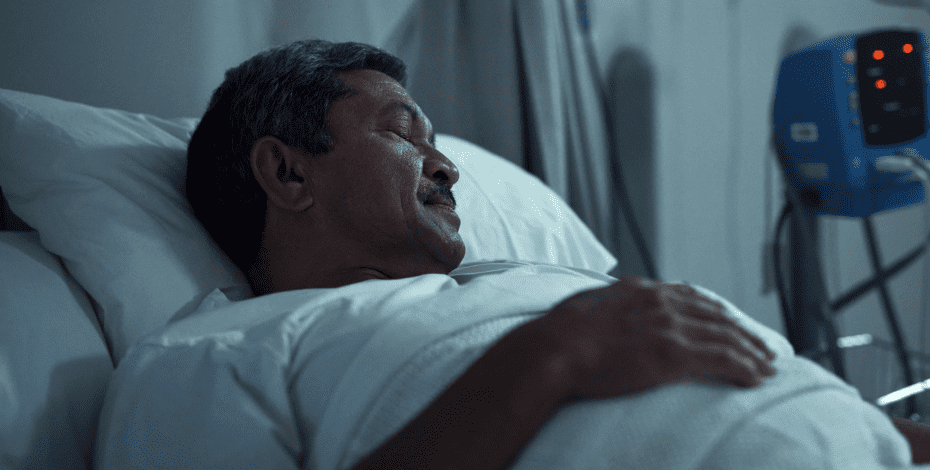
Therapeutic Supported Lying

PD PROFILE Denise Luscombe MACP and Bas Jansen APAM discuss the upcoming course they developed to aid physiotherapists in understanding and implementing therapeutic supported lying strategies.
What is therapeutic supported lying?
Therapeutic supported lying is a strategy that considers the impact of gravity and immobility on children and adults experiencing mobility issues. Therapeutic supported lying involves using the hours spent in bed (or lying down) to gently support the body and prevent or reverse changes in body shape. Therapeutic supported lying may also be called nighttime positioning or postural care.
What is the goal of physiotherapy when utilising therapeutic supported lying?
Ideally, the goal for physiotherapists working in this area is to prevent changes in body shape. However, often a timely referral or identification of the need for therapeutic supported lying does not occur. In some cases, clients have already developed changes to their body shape—ranging from mild to significantly complex. This lack of early identification shifts the goal from prevention to restoration, which focuses on maintenance or slowing down changes to the body shape.
What is the focus of this course?
This course is practice-based. The focus is prevention, identification, measurement and intervention based on clinical reasoning, including risk assessment. Participants will be encouraged to understand how to identify who would benefit from therapeutic supported lying; the impact of body shape changes on health, wellbeing and participation; and the importance of measuring body shape and describing changes. By the end of the course, participants will be equipped with practice principles that can be applied in their work immediately.
Why should physiotherapists attend a course about therapeutic supported lying?
Often physiotherapists are well-versed on the association between activity (ie, sitting, standing or walking) and appropriately timed postural supports and mobility opportunities. They may also be aware of
the significance of a daytime routine and participation in activities at home and in the community. Nevertheless, while clients can spend a considerable length of time in bed or lying down (in some cases up to 14 hours), this is often not an area that practitioners’ explore in-depth with the family or caregivers.
This course centres on how we, as physiotherapists, can support families and caregivers by building their understanding of the principles behind therapeutic supported lying. This will allow them to monitor, request input and appreciate the impact they can have on the patient’s body shape changes, functionality, health and overall wellbeing.
‘Understanding and implementing therapeutic supported lying—body shape protection’, presented by Denise Luscombe and Bas Jansen, will run on 9–10 November in Sydney, New South Wales. See australian.physio/pd/pdproduct?id=10351 for more information and to register.
>>Denise Luscombe MACP is a paediatric physiotherapist, co-director of Postural Care Australia and ECI Consultant who has worked in the early childhood intervention and disability field for over 35 years.
>>Bas Jansen APAM is a physiotherapist with over 20 years of experience in postural care for people with severe mobility issues. He teaches postural care and supervises PhD projects on seating and supported lying.
© Copyright 2024 by Australian Physiotherapy Association. All rights reserved.





